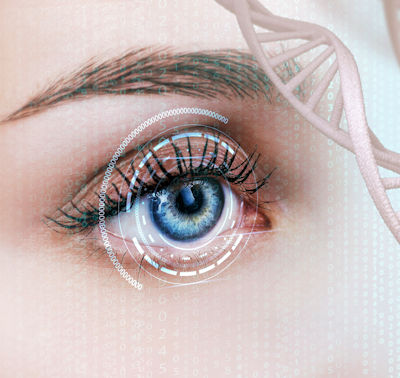 Creating eye tissue using 3D bioprinting
Creating eye tissue using 3D bioprinting
National Eye Institute (NEI) scientists have produced viable eye tissue using patient stem cells and 3D bioprinting. Their research, published on Thursday in Nature Methods, advances the understanding of blinding eye diseases and provides a model for studying their genesis. Read More
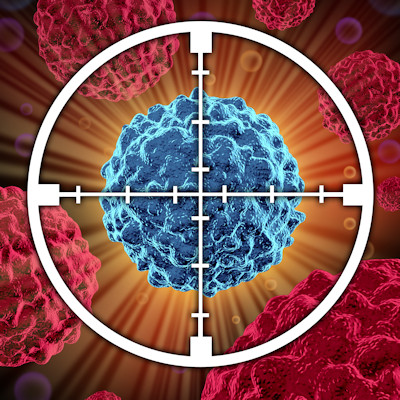 Extracellular vesicle “messengers” improve cancer therapy
Extracellular vesicle “messengers” improve cancer therapy
Sweden’s Karolinska Institutet researchers have discovered that minute membrane bubbles called extracellular vesicles activate the immune system in mice, sensitizing their tumors to immunotherapy drugs called checkpoint inhibitors. The study, published on Thursday in Cancer Immunology Research, supports the development of these nano-sized vesicles, also called exosomes, for potential cancer therapy. Read More
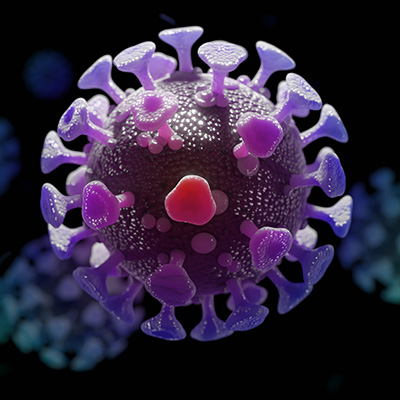 Mechanism revealed for COVID-19-related loss of smell
Mechanism revealed for COVID-19-related loss of smell
Duke Health scientists and collaborators have discovered an inflammatory mechanism that helps explain COVID-19-related loss of smell, and possibly other long COVID symptoms. The finding, published December 21 in the journal Science Translational Medicine, provides insight into a problem that has plagued millions who have not recovered their sense of smell following COVID-19 infection. Read More
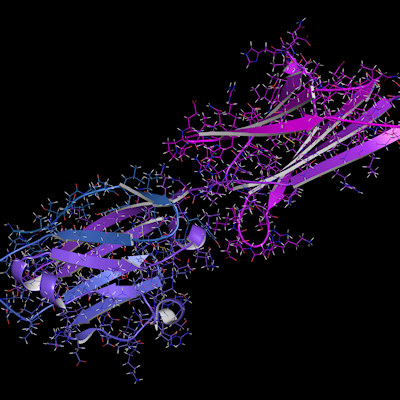 Study reveals biomarkers associated with immune checkpoint inhibitor myocarditis
Study reveals biomarkers associated with immune checkpoint inhibitor myocarditis
In a study published Tuesday in JACC: CardioOncology, researchers at the University of Michigan determined that myocarditis during cancer treatment with an immune checkpoint inhibitor (ICI) was associated with increased levels of three biomarkers implicated in skeletal muscle damage. Read More
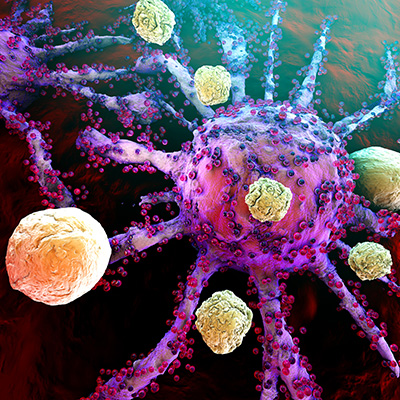 Exhausted cancer-killing cells help tumors by suppressing the immune system, study finds
Exhausted cancer-killing cells help tumors by suppressing the immune system, study finds
Exhausted T cells switch from attacking to helping cancers in low-oxygen environments, pointing to a new way to improve the efficacy of immuno-oncology drugs, according to a study published on Wednesday in Nature Immunology. Read More
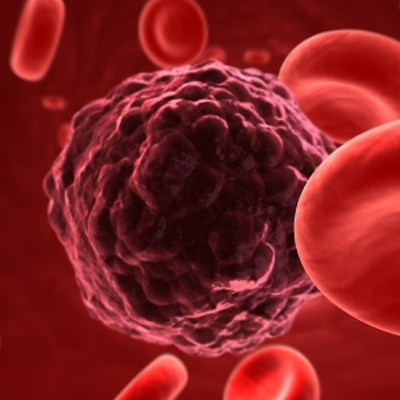 New hope for glioblastoma patients
New hope for glioblastoma patients
Researchers at Cold Spring Harbor Laboratory have discovered a vulnerability within the brain cancer glioblastoma, in the form of a protein called BRD8. Their research, published on Wednesday in Nature, may finally lead to new treatment options and better patient outcomes for this often-fatal disease. Read More
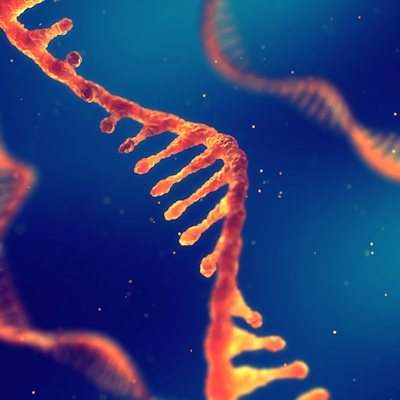 Wyss Institute launches RNA therapeutics startup EnPlusOne Biosciences
Wyss Institute launches RNA therapeutics startup EnPlusOne Biosciences
Wyss Institute at Harvard University has partnered with Northpond Labs to launch EnPlusOne Biosciences. The startup aims to bring versatile, scalable RNA synthesis technology to market, with the goal of unlocking the development of new RNA drugs, vaccines, and gene-editing therapies. Read More
 Computer-generated marker of coronary artery disease may enable more targeted diagnosis
Computer-generated marker of coronary artery disease may enable more targeted diagnosis
Researchers at the Icahn School of Medicine at Mount Sinai in New York have developed an in silico, or computer-derived, marker for coronary artery disease (CAD) that they believe could lead to better measurements of clinically important characterizations of the disease. Read More
 Boosting RNA therapies to create natural pacemakers
Boosting RNA therapies to create natural pacemakers
Smidt Heart Institute scientists have investigated how biological pacemaker cells fight back against RNA therapies to correct abnormal heartbeat rates. Read More
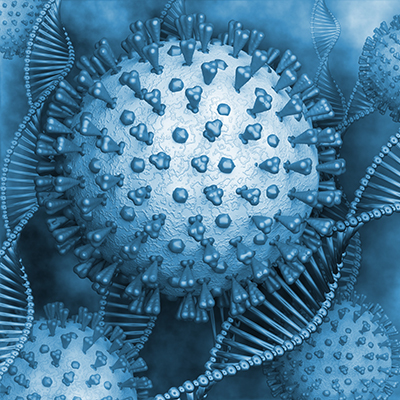 Short-lived nasal antibodies against COVID-19 may explain reinfection
Short-lived nasal antibodies against COVID-19 may explain reinfection
Research led by the University of Liverpool and Imperial College London found that antibodies produced in the nose decline nine months after COVID-19 infection, while antibodies in the blood last at least a year. Read More
Member Rewards
Earn points for contributing to market research. Redeem your points for merchandise, travel, or even to help your favorite charity.
Research Topics
Interact with an engaged, global community of your peers who come together to discuss their work and opportunities.
Connect
Tweets by @ScienceBoard



